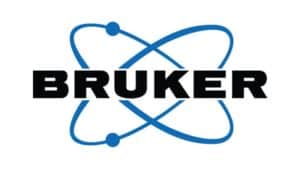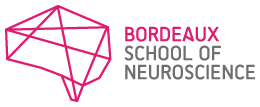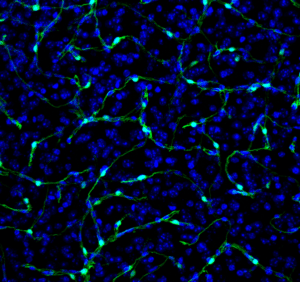The neurovascular unit, composed of vascular cells, glial cells, and neurons is fundamental for the proper function of the brain. The NVU regulates supply of the cerebral blood flow (CBF) and maintains integrity of the blood-brain barrier (BBB).
Dysfunction of the neurovascular unit may result in devastating conditions such as dementia, cerebral ischemia, or brain oedema formation. This advanced experimental course will allow students to gain basic knowledge and hands-on experience on the most important techniques used to study the neurovascular unit, such as in vivo/in vitro high-resolution imaging, magnetic resonance imaging, and rodent models of cerebrovascular disease. The course will also focus on data reproducibility and open science.
Course director & co-directors
- Nikolaus Plesnila (Ludwig Maximilian University, Germany)
- Catherine Hall (Sussex University, UK)
- Jérôme Badaut (Bordeaux University, France)
March 20th – 11:00am (Virtual talk)
Malcolm MacLeod (University of Edinburgh, UK)
Improving preclinical stroke research.
March 21st – 9:00am
Martin Lauritzen (University of Copenhagen, Denmark)
Humoral Neurobiology: Brain blood vessels, metabolism, BBB and CSF dynamics.
March 22nd – 9:00am
David Attwell (University College London, UK)
Regulation of cerebral blood flow by capillary pericytes in stroke, Alzheimer’s disease and Covid-19.
March 22nd – 11:00am
Pierre Magistretti (EPFL, Swiss)
Neuron-Glia metabolic coupling mediated by lactate : role in neuroenergetics, plasticity and pathologies.
March 23rd – 9:00am
Serge Charpak (Vision Institute, France)
Quantification of neurovascular coupling and brain oxygenation dynamics.
March 24th – 9:00am
Andy Shih (University of Washington, USA)
In vivo optical dissection of brain capillary function.
March 25th – 9:00am
Susanne Van Veluw (Harvard Medical School, USA)
Vasomotion-mediated perivascular clearance in cerebral amyloid angiopathy.
March 29th – 9:00am
Felipe Barros (Universidad San Sebastián, Chile)
Visualizing metabolic recruitment, a partner for neurovascular coupling.
March 30th – 9:00am
Turgay Dalkara (Hacettepe University Ankara, Turkey)
Post-ischemic CBF dysregulation in the brain and retina.
March 31st – 9:00am
Valentin Nagerl (University of Bordeaux, France)
Shadow imaging of the micro-anatomy of living brain tissue.
March 31st – 11:00am
Perimed : Presentation
March 31st – 11:45am
Bruker / Inscopix : Presentation
April 3rd – 9:00am
Robert Thorne (University of Wisconsin-Madison, USA)
Key attributes of the CNS barriers and brain microenvironment: relevance for physiology and drug delivery.
April 3rd – 11:00am
Jean-François Ghersi-Egea (CRNL, France)
The choroid plexus-cerebrospinal fluid system in brain physiology, pathology,and pharmaco-toxicology.
April 5th – 9:00am
Andy Obenhaus (University of California Irvine, USA)
Modification of the cerebrovasculature in neurodegenerative disease.
April 6th – 9:00am
Anne Joutel (Institute of Psychiatry and Neurosciences of Paris, France)
Deciphering mechanisms of small vessel diseases of the brain.
Silvia Anderle – UCL/Unversity of Sussex, UK
Orla Bonnar – Massachusetts General Hospital, USA
Gian-Marco Calandra – University of Munich , Germany
Audrey Chagnot – University of Edinburgh, UK
Yulia Dembitskaia – University of Bordeaux, France
Maximilian Dorok – University of Munich , Germany
Chris Dubois – University of Bordeaux, France
Beth Eyre – Sheffield University, UK
Severin Filser – University of Munich , Germany
Jordan Girard – University of Bordeaux, France
Clare Howarth – Sheffield University, UK
Malika Ihle – University of Munich , Germany
Igor Khalin – University of Munich , Germany
Tom Langden – Johns Hopkins University, USA
Axel Montagne – University of Edinburgh, UK
Valentin Nagerl – University of Bordeaux, France
Burcu Seker – University of Munich , Germany
Josh Shrouder – University of Munich , Germany
Rebecca Sienel – University of Munich , Germany
Michael Todorov – University of Munich , Germany
Tracey Weissgerber – University of Munich , Germany
Jonathan Zapata– Inscopix, USA
OUR SPONSORS






